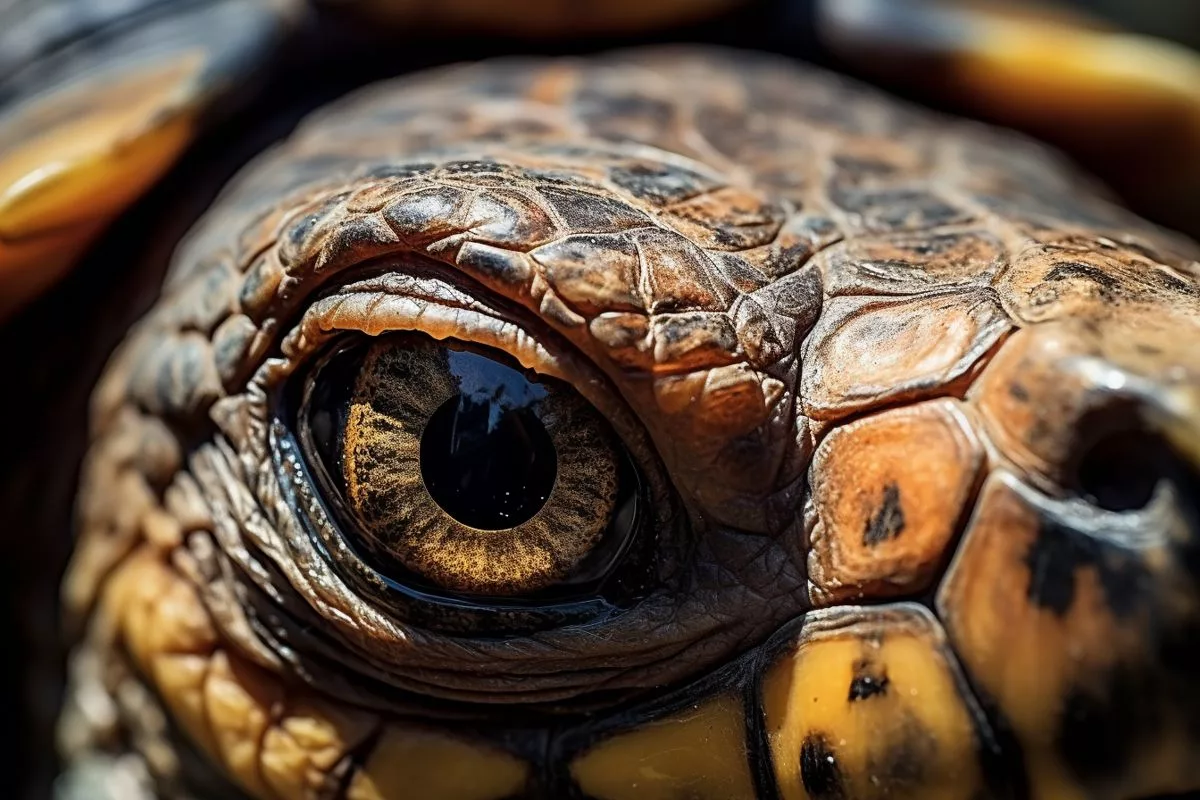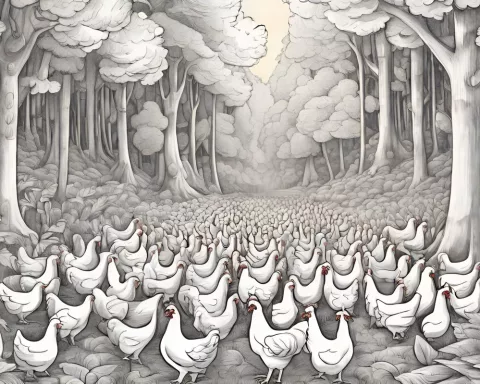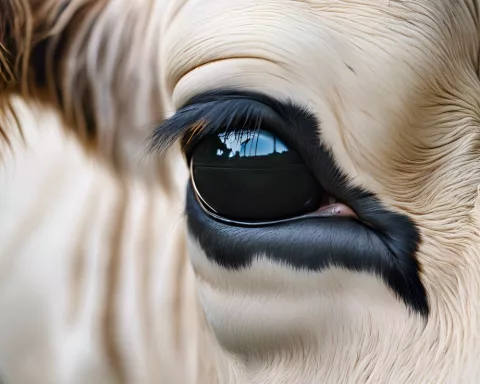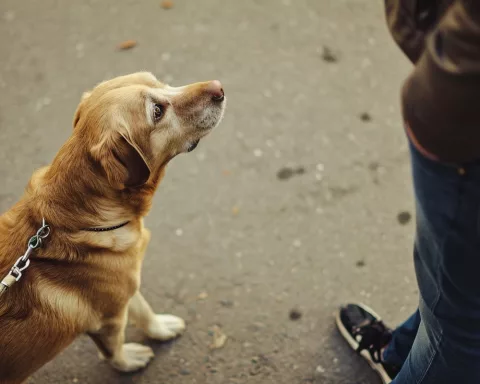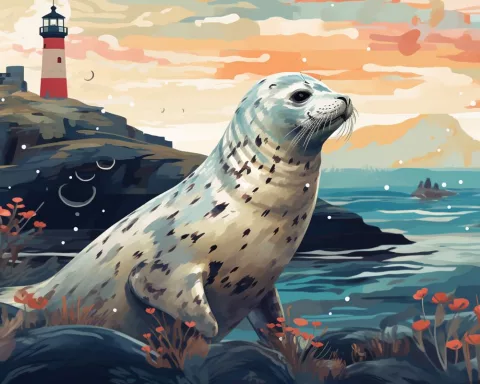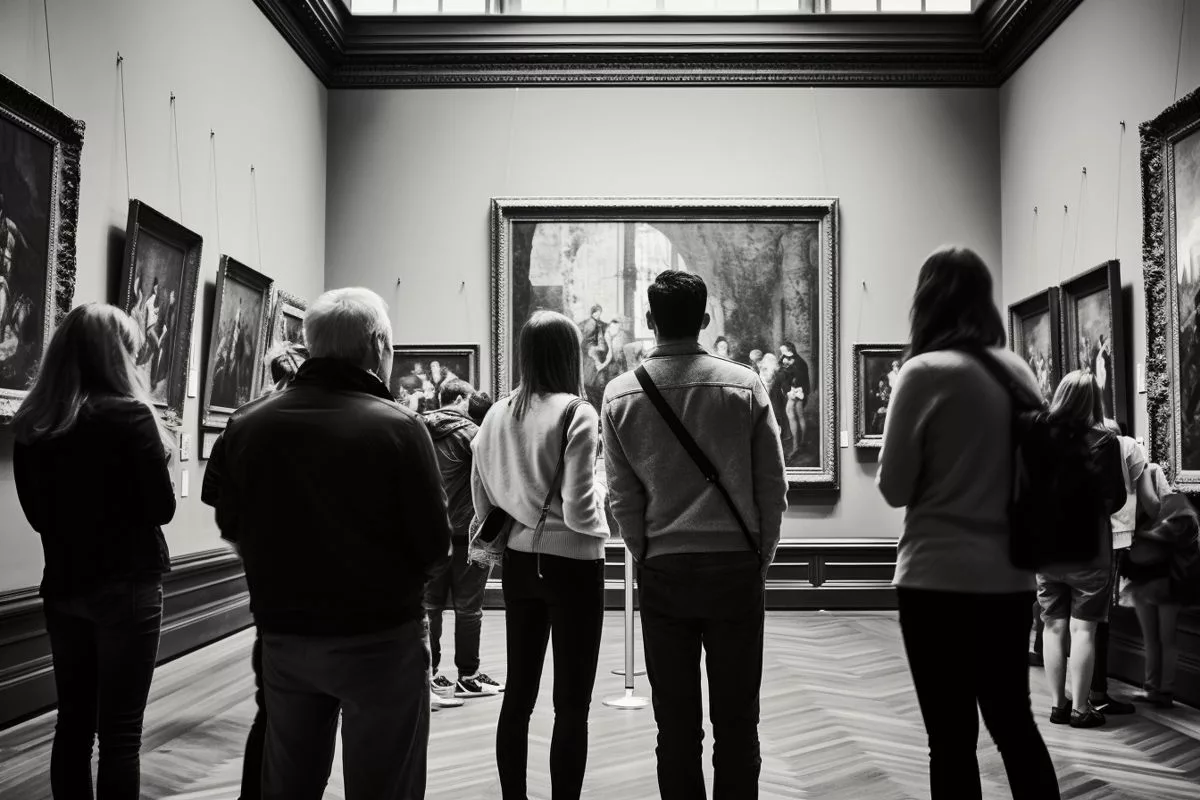A tortoise was found held captive in a backyard in South Africa, tethered to a post with a restrictive rope. The tortoise was rescued by Inspector Lwazi Ntungele and taken to the SPCA Wildlife Department for care. This serves as a stark reminder of the importance of respecting the natural needs and behaviors of wild animals and the SPCA’s commitment to safeguarding indigenous wildlife.
What happened to a tortoise in South Africa?
While responding to a complaint of animal cruelty, Inspector Lwazi Ntungele discovered a large tortoise held captive in a dusty yard, anchored to a post by a restrictive rope. The tortoise was freed and transported to the SPCA Wildlife Department, where it received the care it needed. This incident exemplifies the importance of respecting the natural needs and behaviors of wild animals and the SPCA’s commitment to safeguarding indigenous wildlife.
An Unexpected Discovery
Deep within the heartlands of South Africa, at the Cape of Good Hope, a peculiar tale of rescue unraveled within the precincts of the SPCA. While attending to a case of animal cruelty involving a pair of restrained dogs in a backyard, Inspector Lwazi Ntungele concurrently responded to another complaint. This involved an alleged tethered animal, presumed to be a dog, in a neighboring yard.
Upon entering the premises, Inspector Lwazi was taken aback. Instead of a dog, he found a large tortoise held captive, anchored to a post by a restrictive rope. A container nearby, filled with nothing more than algal growth, bore witness to the tortoise’s harsh living conditions in the dusty yard.
Inspector Lwazi was appalled at the sight. He recalls, “It was a shock to see such a majestic creature confined so crudely. The lack of any greenery indicated the absence of fresh plant matter, which is vital to its diet.” The only shelter from the brutal South African sun was a makeshift structure made from a fallen table and a cardboard sheet.
Unlawful Pet Ownership: A Grave Concern
The individual who held the tortoise captive defended his actions, claiming the chain served to prevent the tortoise from wandering away. He alleged that the tortoise had casually strolled up to his front door one day, which he interpreted as a sign to adopt it as a pet. Upon discovering this, the tortoise was immediately liberated from the premises, in line with the provisions of the Animals Protection Act. The individual received an official warning against holding indigenous wildlife captive as pets without the necessary permits— a violation of the Western Cape Nature Conservation Ordinance.
Inspector Lwazi swiftly freed the tortoise and transported it to the safety of the SPCA Wildlife Department at the Cape of Good Hope. Here, the creature would finally receive the requisite care, nourishment, and medical attention it so desperately needed.
The Plight of Tortoises: A Wake-Up Call
Jon Friedman, the Manager of the [Cape of Good Hope SPCA Wildlife Department](https://capetown.today/a-quest-for-justice-cape-of-good-hope-spca-fights-against-animal-cruelty/), expressed his views on the incident. With a somber tone, he said, “Every week, we see dozens of tortoises kept captive in yards, dismembered for traditional medicine, or retained as pets. It’s a distressing fact that these intelligent animals are often subjected to such conditions.”
He further emphasized the tortoise’s inherent behavior, delineating their natural urge to traverse extensive distances in search of food, water, and company. “Tortoises,” he stressed, “are sentient beings capable of experiencing pain, fear, frustration, hunger, boredom, and loneliness.” The combination of their unique dietary needs and their intricate emotional landscape makes them unsuitable for pet ownership.
This incident is a striking reminder of the duties that accompany pet ownership and the respect we must accord to the natural behaviors and needs of wild creatures. The Cape of Good Hope SPCA remains steadfast in its commitment to safeguard indigenous wildlife. The surprising rescue story of a tortoise stands as a witness to their resolute spirit and the crucial role organizations like the SPCA play in championing the cause of animal rights and welfare.
What did Inspector Lwazi Ntungele find when responding to the complaint of animal cruelty in South Africa?
Inspector Lwazi Ntungele found a large tortoise held captive in a dusty yard, tethered to a post with a restrictive rope.
Where was the tortoise taken after being rescued?
The tortoise was taken to the SPCA Wildlife Department in Cape of Good Hope for care.
What did the individual who held the tortoise captive claim?
The individual who held the tortoise captive claimed that the chain was to prevent the tortoise from wandering away and that the tortoise had casually strolled up to his front door one day, which he interpreted as a sign to adopt it as a pet.
What is the Animals Protection Act?
The Animals Protection Act is a set of provisions that dictate the treatment and care of animals in South Africa.
Why is it important to respect the natural needs and behaviors of wild animals?
It is important to respect the natural needs and behaviors of wild animals because it is vital to their well-being and survival.
Why are tortoises unsuitable for pet ownership?
Tortoises are unsuitable for pet ownership due to their unique dietary needs and their intricate emotional landscape. They are sentient beings capable of experiencing pain, fear, frustration, hunger, boredom, and loneliness.

